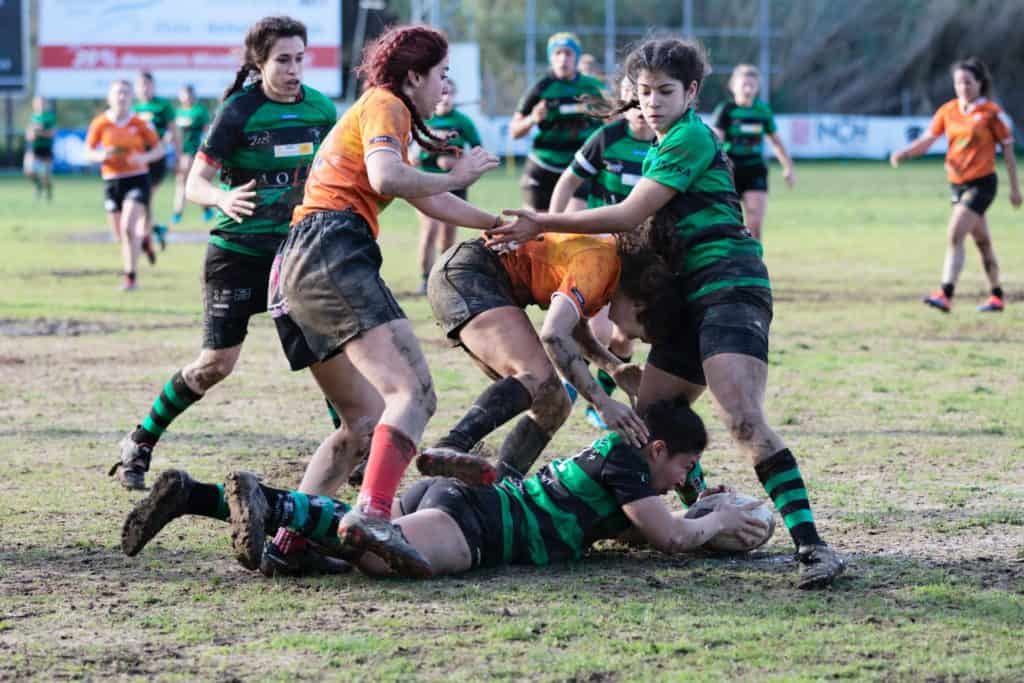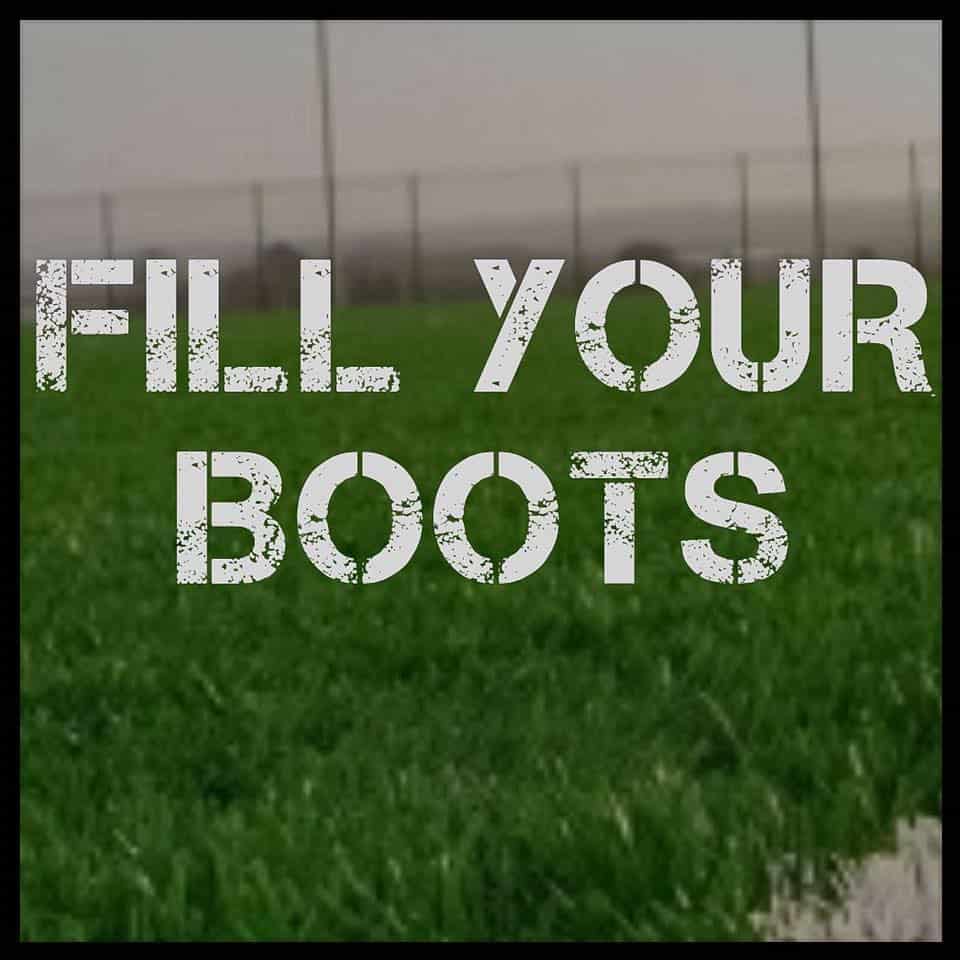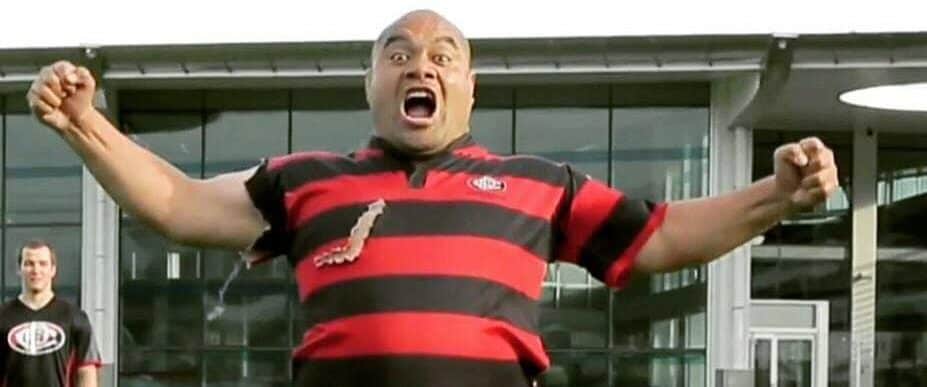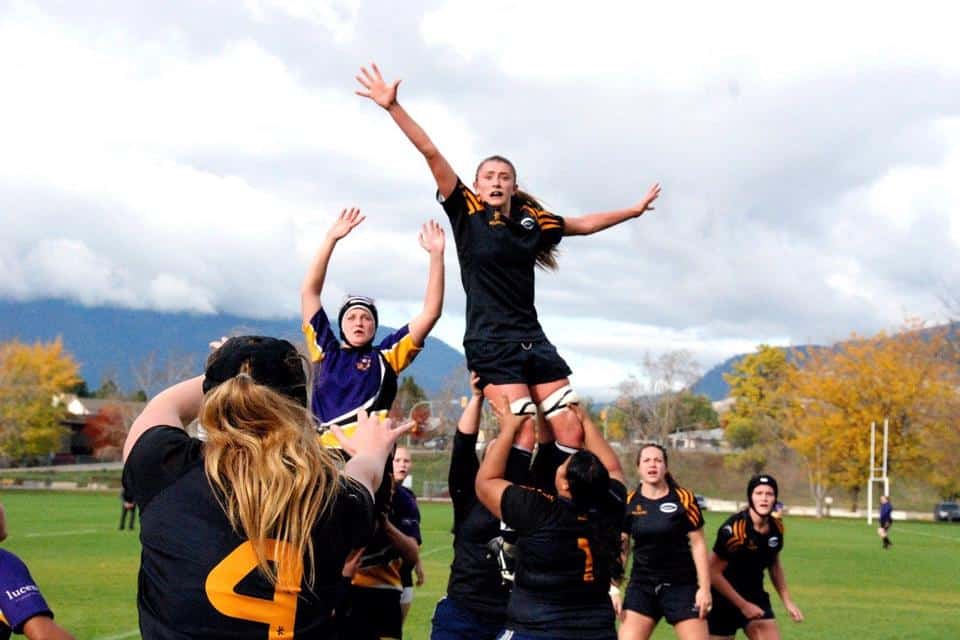
Grassroots Stories – “You Know How Many Boys?!”
The funniest and best introduction to this blog is a conversation I had with a 6 year old girl one grassroots rugby match day. I was explaining to her brother (who was team mascot), and her parents how many senior players are on our books as they had asked…84 I replied. To which this little girl screamed “YOU KNOW 84 BOYS???”
I guess I do, at varying levels, not only did it make me laugh out loud, but it painted a picture that showed me that what I do is fairly unusual and unique. Women are flying when it comes to playing the game of rugby union, the roses won the world cup and women have been playing versions of the game since 1851, and grassroots rugby clubs are sustaining very successful ladies teams. But this is the face we see of women’s rugby, what about women behind the scenes, women that run teams, manage youth teams, women that know 84 men (!) and women that contribute and make some of the big decisions within grassroots rugby clubs.
This is a story that is perhaps told a little less often.
Men are still pretty much the faces of, or the “front of house” of clubs. I’ve met one chairwoman in my 12 years, and 1 female treasurer involved in grassroots rugby union, and know of only 3 female managers (managing senior men at various levels), one of which is me. Often the manager role is done by an old boy, or by an ex player who has retired, not often by a woman who has no pitch experience.
At world rugby level there is one woman on a board of 31 men, and I think that pretty much reflects where we’re at. This isn’t a slating of men, far from it, it’s just observation, after all I work with men and I love the game they play, I just think women have a lot to bring to the table (pitch). I think it is still a male dominated environment on the face of it, but look behind where the strings are being pulled and I think you might see a slightly emerging picture.
As a 1st XV manager the role and tasks often isn’t clearly defined. The RFU have a template job description which is one page long, I wish (in my dreams) and I think in no way reflects the job most managers do, but it is meant as a guide and is certainly not definitive (it also doesn’t state whether you should be a man or a woman, as that would clearly be sexist). However, the players joke with me often about me having #onejob, because they know that it’s very far from the truth (or at least I think that’s the joke anyway?!).
I jest, but the RFU template doesn’t specify some of my many undertakings, for example; match day admin (often with oppo manager/coach asking me where they can find our team manager, despite me being more badged up than when I was in the brownies), setting up changing rooms (in that delightful musty atmospheric pong of stale men), general email communication twice a week (that I’m convinced only I read), the ordering of kit (for the whole club, which gave me sleepless nights and a twitchy eye), mediation (often via the medium of watts app), counselling (there’s a lot of that, some via watts app but mostly after beers in our club bar), general cleaning up (particularly of discarded leg tape that then binds itself to your boots and causes you to nearly break your neck), provider of mouth guards (usually to a player one minute before KO or said player frantically waving at me as about to KO doing some sort of charades to demonstrate his lack of mouth protection), it goes on. Provider of kicking tees (that never come out of the changing room on match days of course), filler of water bottles (whilst soaking oneself at the tap that has a mind of its own, and then trying to style it out), buyer of bananas and Haribo (that everyone then says are too green or too yellow, or everyone complains that the scrum half has eaten all the sweets before we’re even off the coach, a bit like a nursery school at break time) and general go to person who is available to contact day or night with no limits (if you’re in Thailand on holiday for example, feel free drop me 5 watts apps while discarding the time difference at 1am on a Sunday night with your availability, I love it), you know all that sort of thing. And oh in this job you must embrace nudity and not even notice if all your players are naked. Genuinely this has happened, more than once.
That slightly tongue in cheek view of some of the things I do (and I do go through all these things most weeks), the serious side of it is getting the job done effectively, keeping them playing with the right administrative support, getting the players to the right place at the right time, in the right frame of mind, with as little complication as possible. That’s pretty much it in summary.
Although there is also a big role in the “managing” of personalities, and situations, as most teams will have a few colourful characters, and coaches. Expectation of entitlement also has to be managed when in a voluntary role, and your strength of character can get tested here. I know mine has.
One of our ex managers, Rory, a dear friend who sadly died this year, very nearly accidentally sent the team to Guernsey instead of Jersey; I can say I’ve never done that, and we’ve always been on time, if somewhat early as I’m a stickler for time keeping. I’m not so keen however on those players who get the wrong train to the wrong club at the wrong time (despite being given the club and address, and train times and better instructions than the TFL journey planner could provide). It’s funny now, but I did want to strangle both those players at the time to within an inch of their lives…
However, back to my main point, do I do these things well because I’m a woman; would a man do it differently or better?
I think the answer is a different person would do it differently. Interestingly, I’m all for difference, but I was introduced as the team secretary at an away game recently (by one of our senior club officials), and I was surprised by how offended I was. Was this an oversight, or was it actually his perception of the role I do? I can’t help but think if I was a man he would have introduced me as team manager. I’ll never know for sure but all these little observations just make you wonder about how women are perceived in these types of roles, or maybe it was more about me in this role.
All that aside, this year after 12 years at different roles in rugby management and various endeavours, I’m stepping away. Not because I don’t love it, but I’ve taken things as far as I can, and I believe in leaving things to new people when the time is right, and that time is now. I’ll miss the KO charades, the burnt fingers in boiling water, I’ll miss the repeated trips to the changing room if we’ve forgotten something minor like a kicking tee (yes like a hole in the head!), the repeated calls from the 2s on match days about socks and shorts being missing (again like a hole in the head), but most of all I think I will miss not being part of that team, but I guess you never really leave it, or it never leaves you. After all, it should be about the level of graft, and not about whether you have oestrogen or testosterone as your overriding hormone.
To be a woman and a manager in rugby I’ve learnt you have to be confident, robust, and resilient, and I really hope in my lifetime we see more “front of house” women flying the grassroots flag and up as far as World Rugby level. For me, for now, the more pressing point is ensuring that we make all clubs an environment in which people want to volunteer, man or woman, after all we all want the same outcome- to encourage people doing great work to keep our wonderful game being played at fundamental grassroots level.
Yours in rugby.
by Ali Boyd



